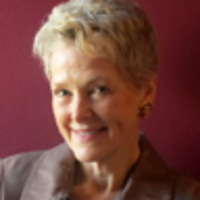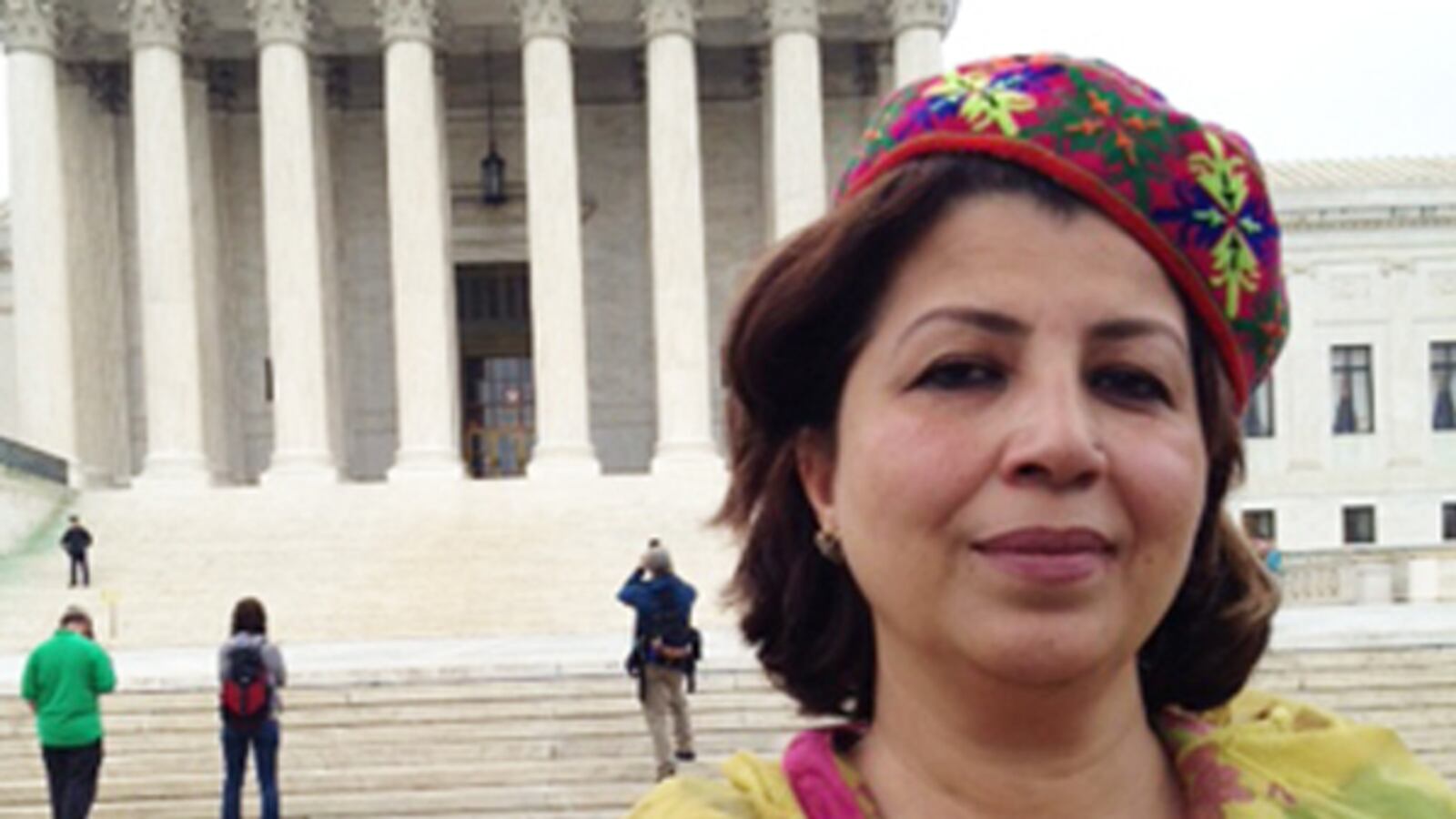Her phone rang at 9 p.m. “Can you come tonight? He’s home.” The voice was anxious. “My son left those extremists he took up with, but maybe just for the night.”

Mossarat Qadeem, a peace activist in Pakistan, considered the dangerous four-hour drive through checkpoints and dark mountain roads into the northern region of the country. “I’ll be with you for breakfast,” she said. “Try to keep him home until morning.”
At 4 a.m., before first light, Qadeem was driving north from Islamabad, through rough rural roads into an area so dangerous that U.N. workers and U.S. soldiers are prohibited from entering. Her goal: to save a boy’s future.
Qadeem is fighting extremism in Pakistan one child at a time, meeting with mothers and their children to discuss the dangers of radical groups. To do so, she left academia several years ago, giving up 13 years of political-science teaching at the University of Peshawar, and focused on gaining the trust of mothers living on the front lines of extremist recruitment. She now runs an aid group called Painam, or “Promise,” to talk with kids and steer them into jobs and away from the false promises of radicals in the Taliban and other groups.
She recently visited Capitol Hill, meeting with congresswomen, aid groups, and world leaders, including Secretary of State Hillary Clinton. I had the pleasure of sitting down with Qadeem and talking to her about her important work.
She told me about meeting the young man and his mother in northern Pakistan, a typical scenario. Wrapped in a red cotton shawl, she recalled, she entered their home and settled onto a straw mat they’d laid out for her. “Is there anything I can do for you, Azam?” she asked the young man, dressed in all white. “Help me understand why you joined them.” She remembers his piercing gaze.
Crouched on the mud floor, Azam was soft-spoken but direct. He held up a piece of bread. “What can you do for me?” he asked impatiently. “Before I joined them, I couldn’t even supply my family this bread.”
“If you’re killed,” Qadeem countered, “you won’t be able to help them.”
Azam shrugged, “But I’m doing jihad.”
She asked what that meant.
“Killing infidels,” he answered without hesitation. “Those you’re siding with.”
“The Qur’an says that we should never kill,” she replied.
Azam argued with her, but there was innocence in his answers. He didn’t fear suicide; his teachers had told him that his family would go to heaven.
“But now your family is living in hell,” Qadeem reminded him. “Why don’t you do something about that?”
Azam gave her his mobile number and took three days to decide. Like the 78 other young men Qadeem has worked with, he ultimately chose to turn away from the path he’d been led down with false promises and addiction—hashish mixed with opium to weaken resistance.
As recently as 2003, this level of extremism was unthinkable in Pakistan, Qadeem told me. Yet 33,000 people have been killed since then, and a stunning 5 million displaced by the violence. Money is stolen, children taken by force, girls’ schools blown up, and women prevented from leaving home. How did this happen?
Qadeem explained that those who could not read the Quran accepted the teachings of mullahs they believed would never lie.
If misplaced trust is the roadblock, Qadeem has found a way around it. She humanizes the extremists, recognizing that they often are minors, and identifies a path to transformative influence for the young recruits: their mothers.
“If you want to carry out jihad,” she tells the boys, “carry it out against corruption, social ills, and political dishonesty.”

Encouraged by their mothers, the young men Qadeem has met with are now receiving social counseling and job training: mobile-phone repair, driving, plumbing, electrical work. Azam has opened a shop, and today he makes a living for himself and his family.
Qadeem is one among a nonviolent army of women promoting collaboration over confrontation as they lift up the moderate voices drowned out by radicals in Pakistan. Her work is art, not science. “Extremism is a state of mind,” she says. “You can’t define love; you must feel it. And so you must feel extremism.”
Secretary Clinton said recently that “true peace requires reconciliation and justice. It requires opportunity and sustainable security for all citizens…and women can be a powerful force for peace across all these dimensions.”
Policymakers in D.C. are taking notice, recognizing that this Pakistani peace activist could be the future of American foreign policy. Smart power is betting on Mossarat Qadeem.






